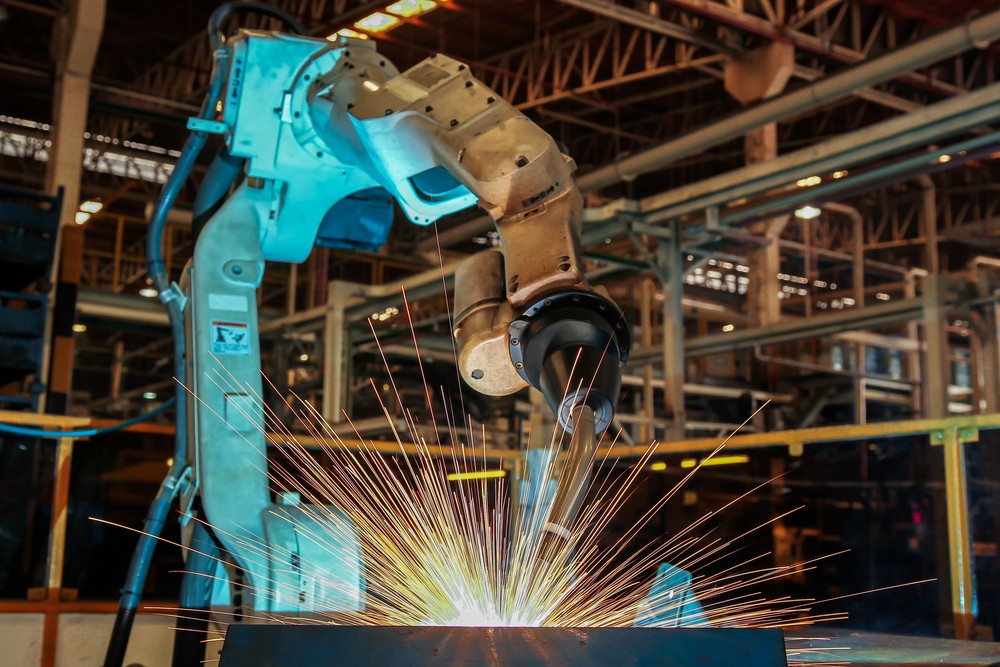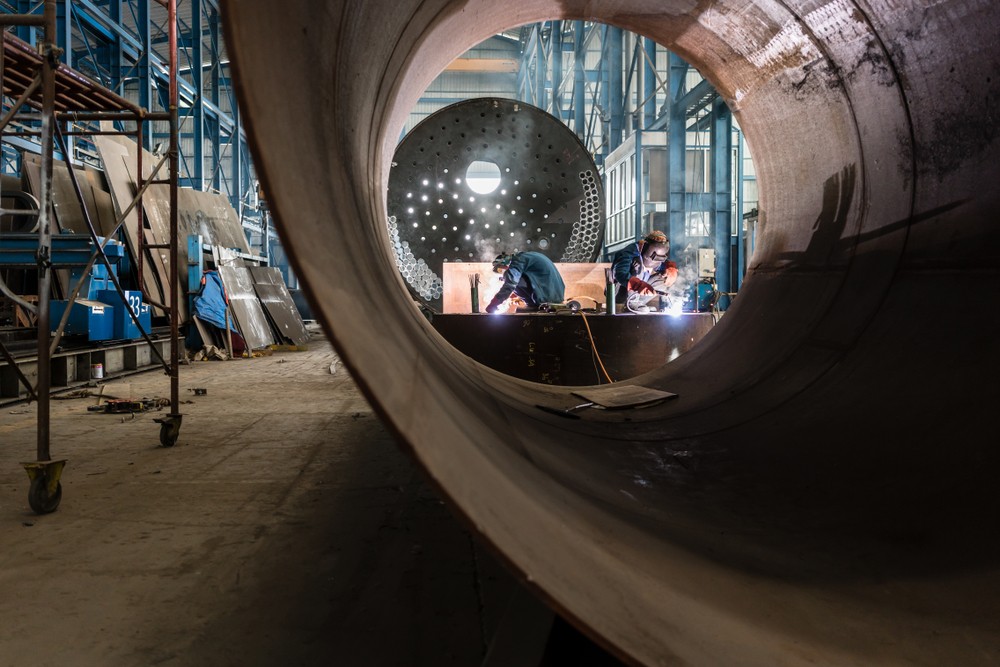Industry of the Future: The Manufacturing Subscription Model

These days, it seems like everything is transitioning to a subscription model. Anything as a service (XaaS) isn’t just a clever way of reeling in customers. It’s a way for companies to create predictable revenue and a better understanding of their consumers. For these same reasons, manufacturing is also exploring subscription service models.
Manufacturing as a service (MaaS) is the way of the future for industry, and several major producers are already making the transition. What does the future of manufacturing look like from a subscription model perspective?
What is MaaS?
With traditional manufacturing models, factories produce a complete customer product. This model aligns well with economies of scale and specification standardization, but it doesn’t necessarily meet the needs of modern consumers. As products grow more complex and nuanced, cooperation becomes increasingly necessary, and it’s taking shape with the MaaS model.
MaaS involves producers sharing the cost of production expenses on an even scale. Determining their niche in the production of consumer goods gives manufacturers a clear picture of their capabilities and allows them to focus on what they do best instead of trying to do it all. It doubles down on production expectations without the pressure of navigating outside the bounds of in-house capabilities.
MaaS promises to make manufacturing more accessible to the consumer with benefits for manufacturers via predictable, controllable value streams.

MaaS and subscriptions are the future
Predictability is paramount to the manufacturing industry. By shifting to a MaaS approach, manufacturers put themselves on the path to predictable operations within the scope of their core capabilities. Powerful analytics come together with more targeted offerings to help producers quantify their value streams.
Meeting modern consumer needs requires well-controlled supply chains and a well-structured value stream, which a MaaS model can also provide. With the connectivity of modern factory technology, adopting a MaaS model gives manufacturers quick access to new technologies, boosts innovation, and improves time to market — all in pursuit of serving a well-defined customer base.
Manufacturers are already shifting their service models
Many large manufacturers have already recognized the benefits of subscription as a service models, including international names, such as Rockwell Automation and Volkswagen. In October 2021, GM revealed around 4.2 million drivers pay for their subscription services. By the end of the decade, GM hopes to generate revenue of around $25 billion from subscriptions, which puts it on a similar footing with Netflix, Hulu, Amazon Prime, and Spotify.
Manufacturers are moving to subscription services in both B2B and B2C contexts. Key drivers include revenue predictability and improved control over product and service quality. The number of large companies shifting to MaaS will continue to grow over time as subscription services prove an effective model for increasing revenue and manufacturing efficiency.

Manufacturing subscriptions are coming soon
With major manufacturers either planning their shift to MaaS, or already well on their way, manufacturing subscriptions are closer than some might think. It’s up to each producer to tailor a program to leverage and maximize its capabilities. From fabricated metals and consumer packaged goods to pharmaceuticals and food processing, subscription business models create certainty and structure to optimize industrial manufacturing.
